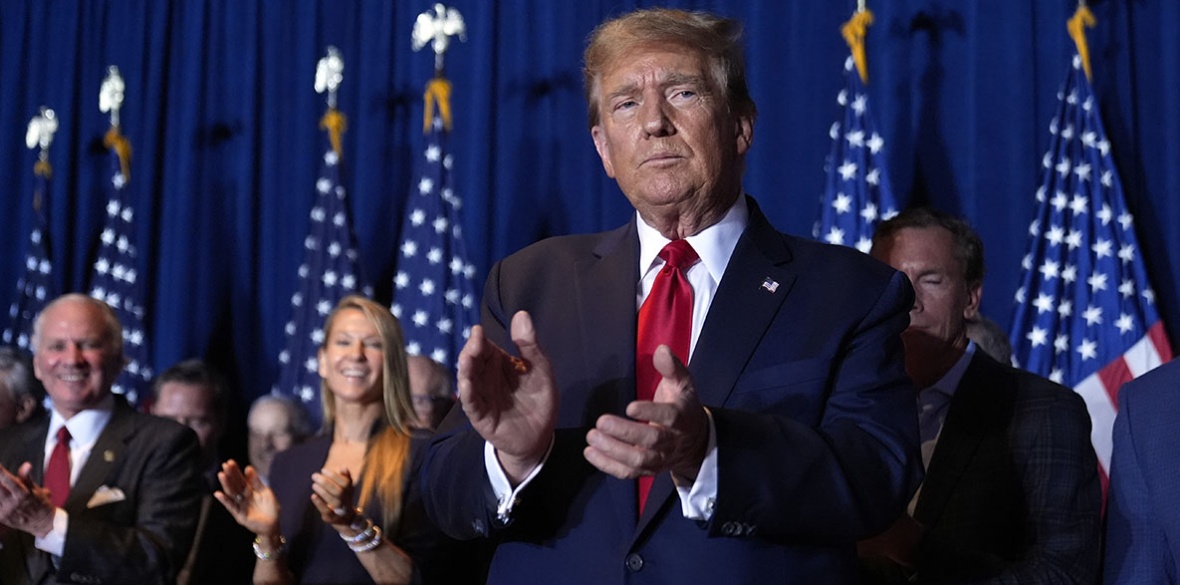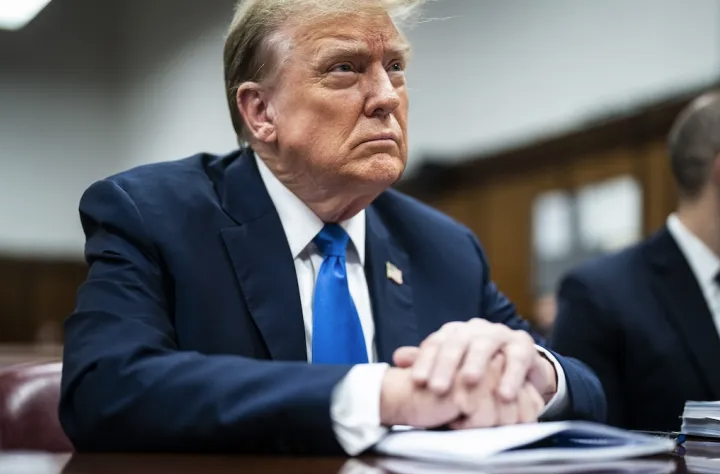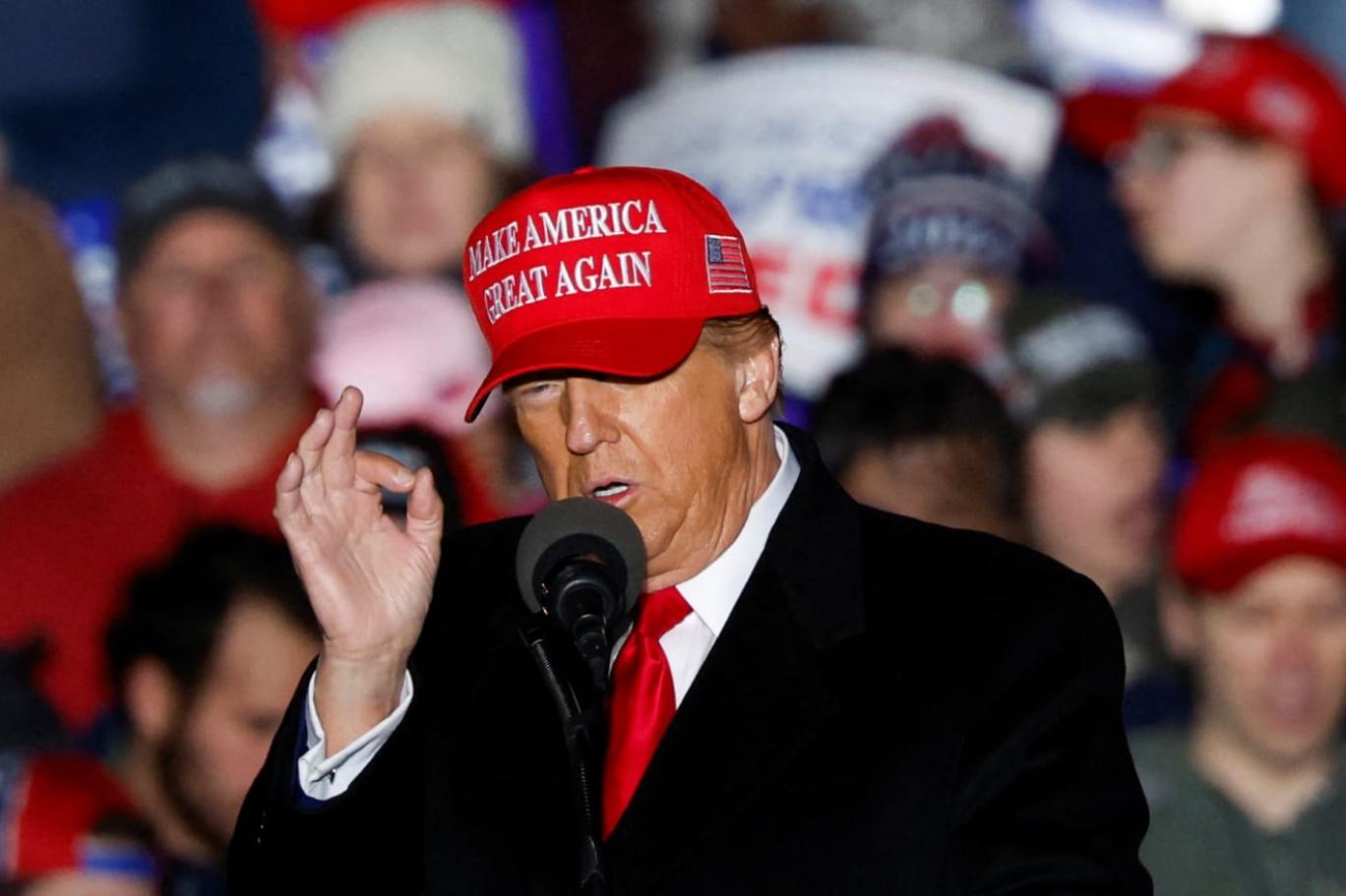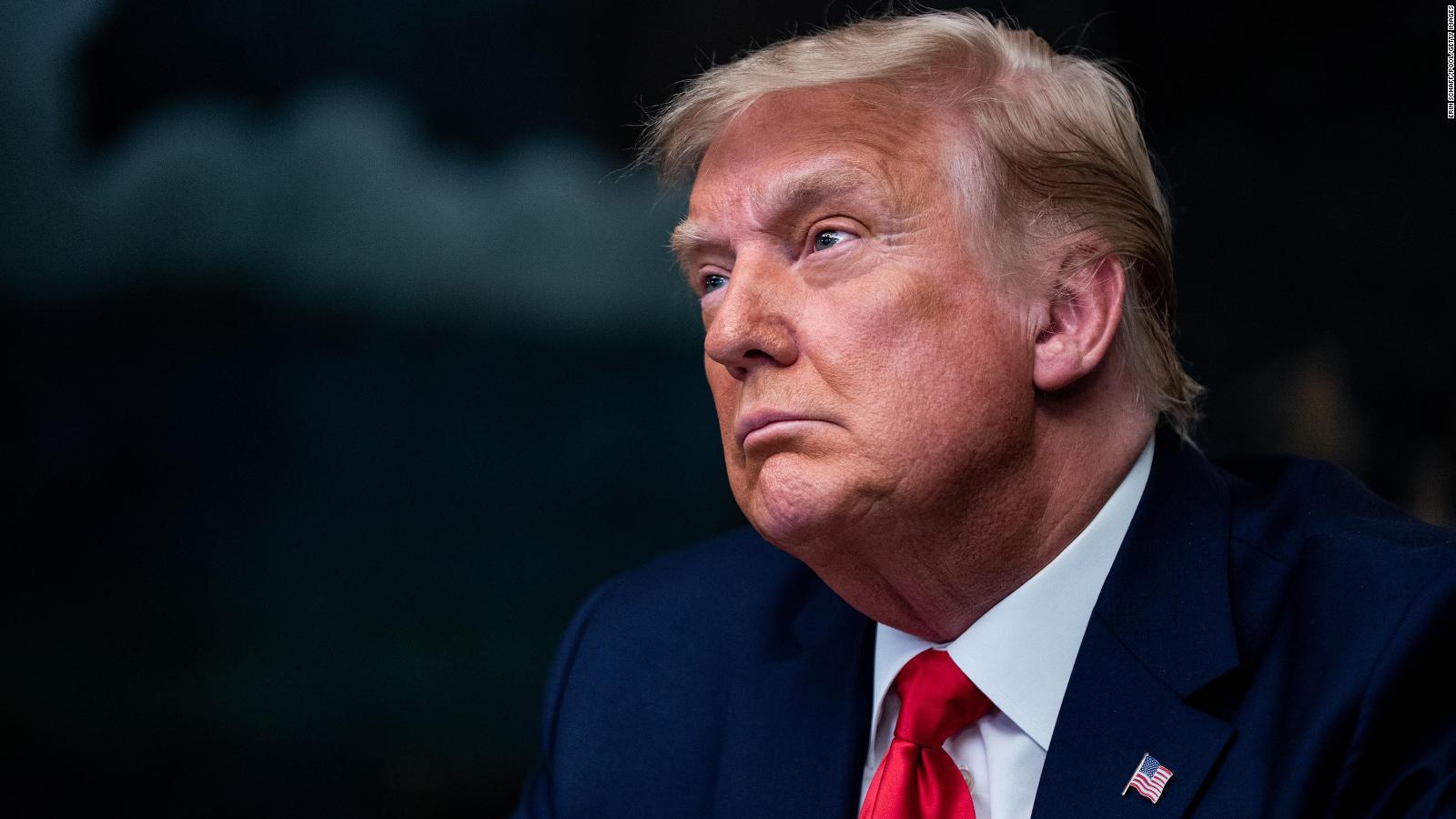The Supreme Court’s decision to hear former President Donald Trump’s argument for immunity from federal charges related to the 2020 election theft has stirred both his approval and concerns among legal experts who fear its potential implications on presidential power.
Trump hailed the decision as a necessary protection for presidents, expressing concern that without such immunity, future leaders might be unduly hindered by the constant threat of prosecution. However, legal scholars warn that granting such broad immunity could undermine accountability and essentially grant presidents unchecked power, akin to dictators.
The case’s upcoming hearing in April postpones the highly anticipated criminal trial, with uncertainty lingering over whether the delay could extend past the November election.
Trump has vehemently denounced the charges as politically motivated, raising the possibility of dismissing federal charges if reinstated to office or employing his controversial pardoning authority.
Regardless of the court’s ruling, the case carries significant implications for the separation of powers, delineating the extent to which former presidents can be held accountable under existing laws.
Key insights from the Supreme Court’s decision include Trump’s claim to immunity from prosecution based on actions taken during his presidency and legal experts’ warnings of the dangers of unchecked presidential power.
While Trump argues for immunity to shield presidents from potential persecution, critics caution against such sweeping protections that could erode the foundations of democracy.
The timing of the Supreme Court’s decision leaves room for a trial before the November election, though uncertainties persist regarding its impact on Trump’s legal battles.

Why is the Supreme Court considering Trump’s appeal now?
The Justice Department, led by special counsel Jack Smith, had sought earlier intervention from the high court, albeit unsuccessfully. Following a trial court’s ruling in December rejecting the notion of lifelong immunity from prosecution conferred by the presidency, Smith sought an expedited resolution to commence the trial in March.
Smith emphasized the case’s pivotal significance to the nation’s democratic principles, prompting his plea to the Supreme Court for a definitive resolution. However, the court initially declined without comment, without any noted dissents.
The recent decision to review the immunity issue comes after the D.C. Circuit Court of Appeals weighed in, leaving observers speculating about the court’s motives. While at least four justices agreed to hear the appeal, it doesn’t necessarily imply concurrence with Trump’s immunity defense. Law professor Barbara McQuade suggests the case’s national importance may have influenced the court’s decision, whether to reject the defense or narrow its scope.
The accelerated timeline for the appeal’s consideration may indicate a compromise among the justices, with deliberations possibly spanning weeks. Law professor Alan Morrison suggests the court’s change of stance might involve a desire to assess the circuit court’s opinion and possibly catch Smith off guard.
How swiftly is the Supreme Court proceeding?
Ordinarily, Supreme Court cases undergo lengthy processes, spanning months before reaching resolution. However, in Trump’s immunity appeal, oral arguments are scheduled in approximately half the usual time frame. Despite this expedited schedule, Smith had urged even quicker action, advocating for oral arguments in March rather than April.
Post-argument opinion issuance by the justices could entail further delays, potentially impacting the trial’s timeline. U.S. District Judge Tanya Chutkan had initially slated the trial for March 4, but the immunity dispute has indefinitely halted trial proceedings.
The Supreme Court’s decision to hear the case the week of April 22 implies a potential verdict in May or June. Should the trial proceed post-Supreme Court decision, ample time for preparation remains under Chutkan’s prior schedule. However, prolonged deliberations by the Supreme Court could diminish the likelihood of a trial verdict before the November election, leaving voters with significant uncertainty regarding legal proceedings.
Trump’s legal battles extend beyond the immunity claims now before the Supreme Court, encompassing a spectrum of civil and criminal trials. Notably, he faces civil suits seeking over $500 million in damages from columnist E. Jean Carroll and New York Attorney General Letitia James. On the criminal front, Trump’s New York trial for falsifying business records is slated for March 25, potentially lasting several months. Meanwhile, his federal trial for hoarding national defense records post-presidency is tentatively scheduled for May 20, pending a decision on his motion to dismiss based on immunity assertions.
In New York, Trump contends that classifying certain records as personal under the Presidential Records Act justifies his removal of them to Mar-a-Lago, a claim disputed by prosecutors who argue the sensitive nature of the documents precludes their personal designation.
Additionally, Trump faces racketeering charges in Georgia, although no trial date has been set. Attempts to disqualify Fulton County District Attorney Fani Willis further complicate the legal landscape.
How has Trump fared before the Supreme Court?
Despite reshaping the Supreme Court with a conservative majority, Trump’s personal legal endeavors have seen limited success. The court dismissed a Texas lawsuit seeking to overturn 2020 election results and permitted access to Trump’s tax records by New York City prosecutors and Congress. Even requests to intervene in disputes over classified documents seized at Mar-a-Lago were rebuffed.
Regarding Trump’s challenge to Colorado’s anti-insurrection provision, skepticism from liberal justices suggests a potential setback for Trump, though a decision is pending.
What constitutes ‘official acts’ of a president?
The Supreme Court’s decision to review Trump’s immunity claims centers on defining the scope of “official acts” shielding presidents from prosecution. Trump’s argument for broad immunity, drawing from Marbury v. Madison, faces scrutiny as the D.C. Circuit Court of Appeals ruled that prosecutions imply actions contrary to the law, rendering immunity untenable.
Anticipating the Supreme Court’s focus on delineating official acts, legal expert Morrison underscores the complexity of distinguishing between presidential authority and campaign-related endeavors. Instances like Trump’s response to the Capitol riot may qualify as official acts, whereas efforts perceived as campaign-related could blur these distinctions, presenting a nuanced challenge for the court’s deliberations.
the source used in the creation of the news: https://www.usatoday.com




